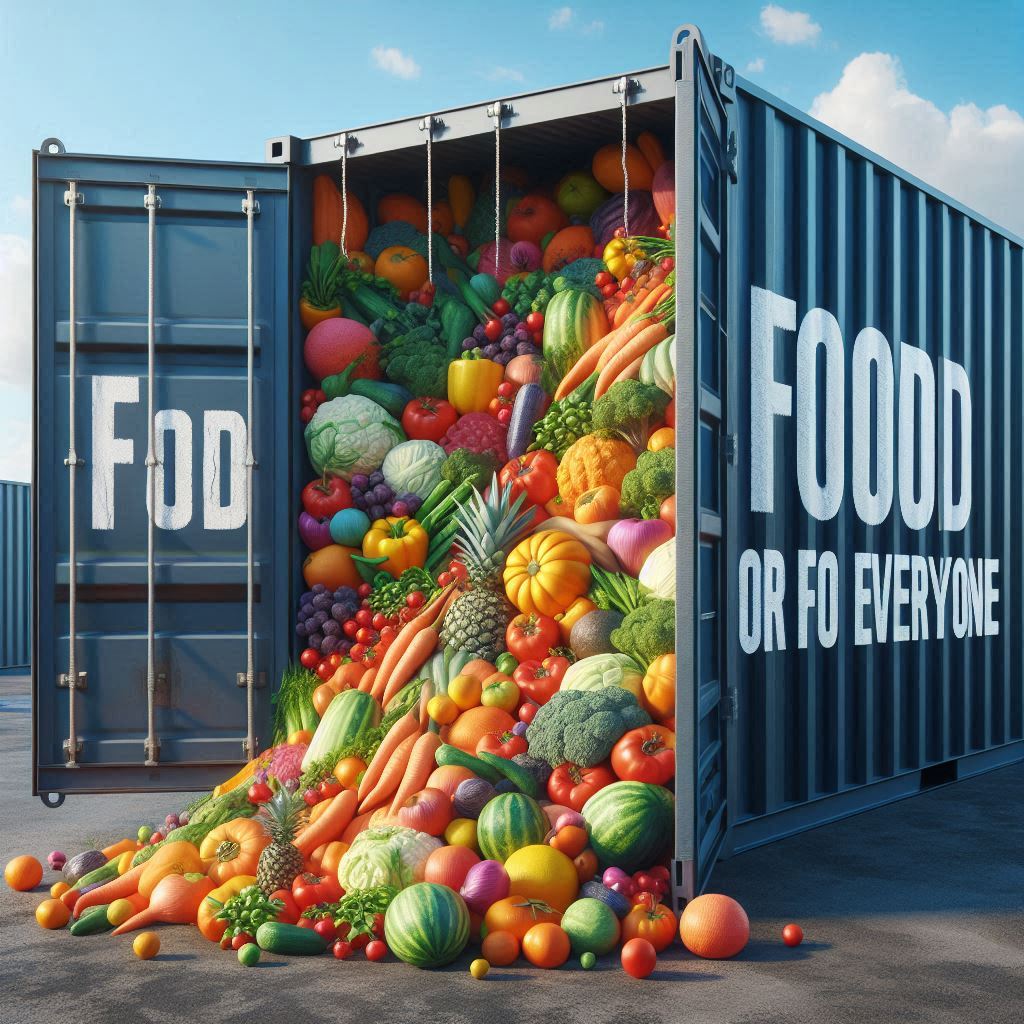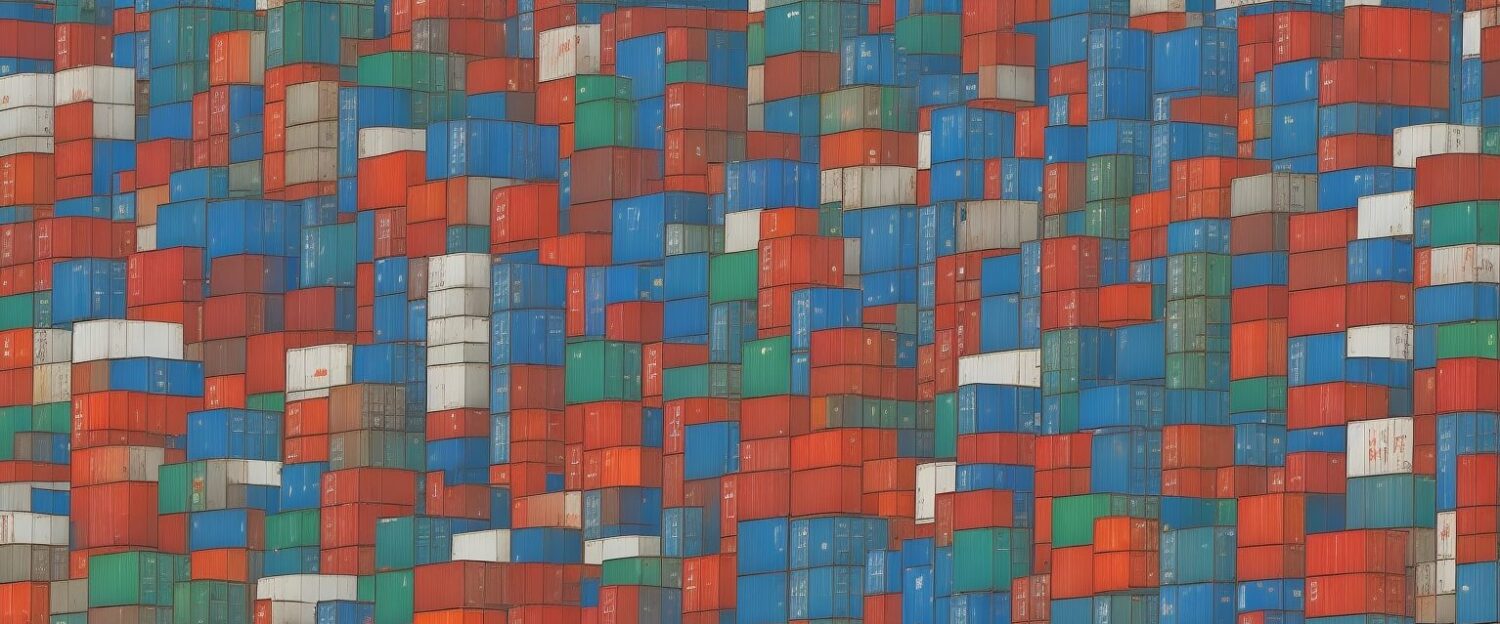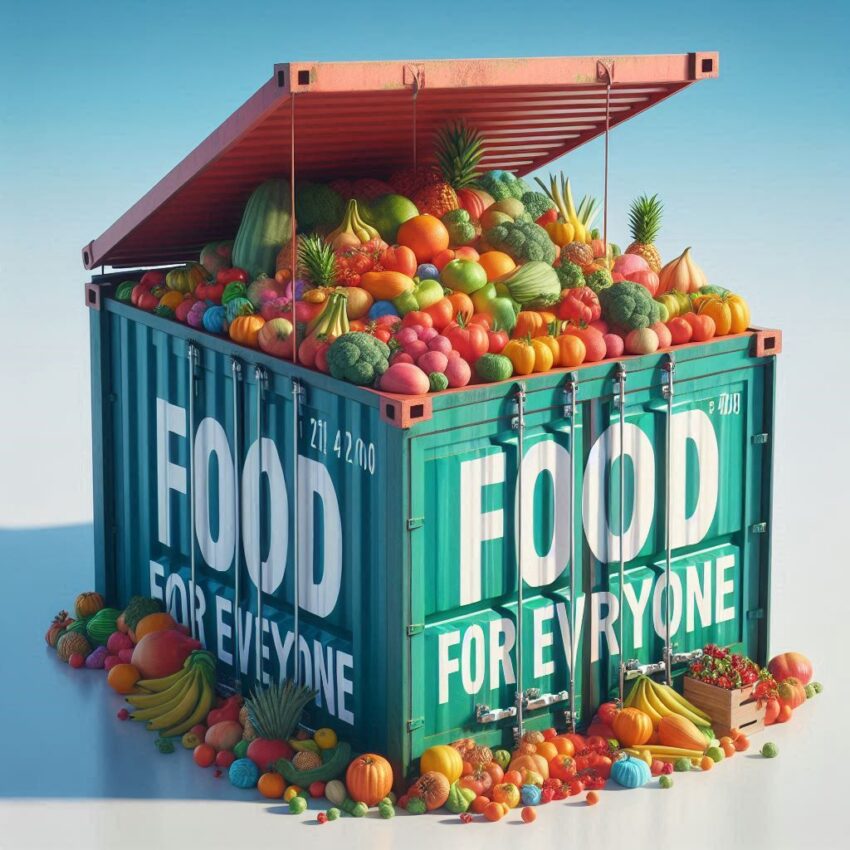 The container shipping industry is the backbone of global trade, moving nearly 90% of the world’s goods across the oceans. This industry would not function without the efforts of seafarers, dockworkers, and logistics professionals. They manage the often overlooked nuances of this complex field.
The container shipping industry is the backbone of global trade, moving nearly 90% of the world’s goods across the oceans. This industry would not function without the efforts of seafarers, dockworkers, and logistics professionals. They manage the often overlooked nuances of this complex field.
Seafarers
Seafarers spend months at a time away from their families, navigating vast oceans to ensure the safe transport of goods. Their days are filled with rigorous schedules. For example, Maria, an experienced mariner, recalls a typical day. Her duties begin at dawn with safety checks and navigational planning. Weather updates and ship maintenance follow. Living quarters on a cargo ship are often cramped, and the physical toll of long shifts is significant. Despite these challenges, Maria finds solace in the fellowship of the crew.
One of the most inspiring stories comes from a sailor named Jorge. Facing a severe storm in the Indian Ocean, Jorge’s ship encountered waves up to ten meters high. His quick thinking and leadership kept the crew calm. Jorge admitted that it was one of the scariest experiences of his life, yet they navigated safely through the storm and ensured that the cargo remained intact. It highlights the resilience that seafarers must possess.
Port Workers
Port workers handle the logistics once cargo ships dock, managing the loading and unloading of containers. Their task is physically demanding and requires precision. A simple error can cause delays, disrupt supply chains, and incur huge costs. Ahmed, a crane operator in Rotterdam, emphasizes the precision required in his job. One slip could damage containers, or worse, injure someone. Ahmed relishes the sense of responsibility and thrives on the pressure.
Technological innovations have profoundly impacted the role of port workers. For example, the introduction of automated cranes and AI systems has drastically changed how containers are moved. Workers now need advanced training to operate and monitor automated systems. Sarah, a veteran port worker in Singapore, shared her experience retraining to handle these new technologies. Despite the steep learning curve, she believes these advancements have increased efficiency and safety.
Logistic Experts
Logistics experts ensure everything runs smoothly from the port to the final destination. This often involves meticulous planning and problem-solving. Joseph, who has been in logistics for over two decades, likens it to solving a giant, ever-changing puzzle. Every shipment is different and may involve various regulations, routes, and unexpected hurdles. His expertise allows him to anticipate issues and devise quick solutions, ensuring minimal disruptions.
Container transportation involves navigating complicated international regulations, customs procedures, and legal requirements. Emma, a logistics consultant, spends a significant portion of her day ensuring compliance with these ever-changing laws. Her role might not seem as physically demanding as that of a port worker or seafarer, but the mental challenges are equally taxing. Her experience highlights that understanding these regulations is as fundamental as moving the containers.
Container Cuisine and Mobile Eateries
One delightful outcome of the container shipping industry is its innovative impact on the food sector. Shipping container restaurants add an exciting dimension to urban dining. These establishments provide unique, cost-effective spaces for emerging culinary trends. Kevin, who launched his eatery from an upcycled container, describes it as a revolutionary experience. He often receives praise for the innovative use of space.
The trend of container cuisine highlights adaptability and sustainability within the food industry. Food trucks have long been popular, but mobile eateries housed in shipping containers offer enhanced stability and design flexibility. Melissa, the owner of a mobile eatery, explains how using a container has allowed her to create a more permanent presence in her community without the high costs of a traditional restaurant.
These unique spaces foster creativity among chefs. John, a chef who operates a container restaurant, finds the structure’s limitations push him to innovative culinary heights. His menu regularly features fresh, local ingredients, making his dishes delicious and sustainable.
The Role of Container Shipping in Modern Logistics
Environmental responsibility is becoming a significant concern in the container shipping industry. The shipping sector contributes a substantial amount of global carbon emissions. Efforts to implement greener practices are gaining traction. Luca, an environmental specialist, works on projects aimed at reducing the carbon footprint of shipping. Introducing low-sulfur fuels and energy-efficient ships are steps towards achieving this goal. Though challenging, these initiatives are part of the industry’s future.
Digital transformation is another significant shift. Advanced tracking systems, AI, and blockchain are modernizing logistics and supply chain management. Tanvi, a tech enthusiast working in container logistics, is on the cutting edge of these changes. Implementing blockchain in supply chains, she believes, enhances transparency and efficiency. Digital advancements are not just optional; they are essential for staying competitive.
The global pandemic highlighted the dependency on robust and flexible supply chains. Container shipping faced unprecedented disruptions, from labor shortages to fluctuating demand. Mark, a logistics coordinator, recounts dealing with these disruptions. Implementing flexible strategies and adaptive planning, he ensured minimal impacts on delivery schedules. This period underscored the industry’s need for resilience and adaptability.
Cultivating Appreciation for the Heroes
The industry’s smooth operation rarely grabs headlines, yet the efforts of these heroes are immeasurable. Events, awards, and recognitions can go a long way in appreciating the hard work of seafarers, port workers, and logistics experts. Organizing annual ceremonies or instituting awards for exceptional service could foster a sense of pride and belonging among these workers.
Enhancing training programs and career development opportunities for these roles is crucial. Investing in upskilling and continuous education ensures workers are prepared for technological advancements and regulatory changes. Clara, a training coordinator, emphasizes the importance of well-rounded programs that address technical skills and personal development. A worker invested in their growth is an asset to the entire industry.
Creating strong communities among industry workers helps combat the isolation many feel. Online forums, support groups, and regular meet-ups can build camaraderie and provide much-needed emotional support. Providing avenues for mental health support and fostering a strong community spirit enhances overall workplace satisfaction.
Highlighting and Learning from Stories
Highlighting personal stories through blogs, social media, and industry publications can inspire others and provide motivation. First-hand accounts from seafarers like Maria or port operators like Ahmed offer invaluable insights. These narratives personalize the industry, transforming figures and statistics into relatable human experiences.
Encouraging storytelling within the industry can bridge gaps and build a sense of unity. Competitions or social media challenges inviting workers to share their experiences can enhance visibility and foster understanding. It creates a platform for everyone to feel heard and valued.
From the seas navigated by seafarers to the cranes operated by port workers and the digital transformations managed by logistics experts, the container shipping industry is filled with heroes. Their dedication, innovation, and resilience keep the world connected, and their stories are an unappreciated treasure trove worth discovering. Embracing and acknowledging these tales encourages future generations to carry on with pride and diligence.


